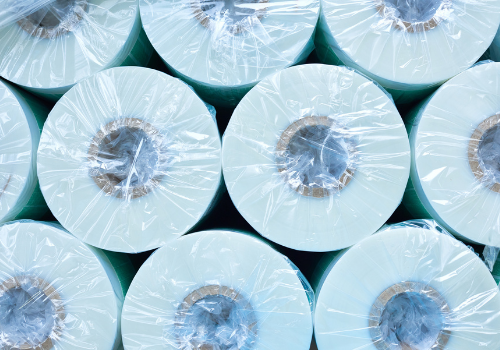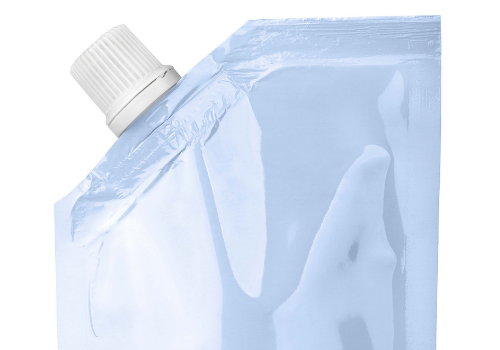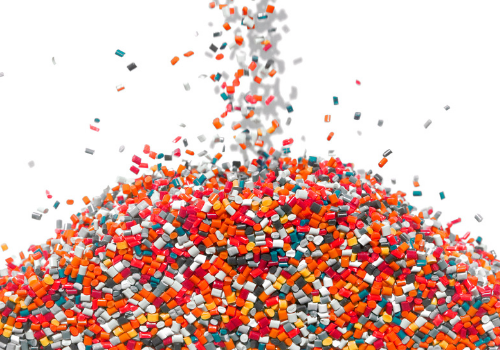Repsol Reciclex ® – Circular Resins
Conversion: turning it into raw materials, Repsol
Truly ‘circular’ plastic: made from waste and not virgin oil or gas by using chemical recycling technology by Repsol
Repsol has put many resources in place to lead the search for new solutions to boost the circular economy and transform a large amount of currently landfilled plastic waste into new raw materials for its petrochemical processes. Since 2015, Repsol has been experimentally feeding pyrolysis oil produced from chemically recycled plastic waste on an industrial scale into its production processes. Repsol Reciclex® Circular Polyolefins is the result of this effort, offering a new range of virgin-like products. Applications such as food contact items or healthcare products can be sourced with these circular polyolefins.
Giving plastics a new life, watch Repsol’s video!
Specifically, Repsol aims to use 100 kilotonnes per year of non-recyclable plastic waste as a secondary raw material to produce new plastics in its industrial sites, which have been certified ISCC Plus.
These new products complement the already existing Repsol Reciclex® based on mechanical recycling, which were commercially launched almost three years ago and are polyolefins composed of a variable content of mechanically recycled post-consumer plastic. Furthermore, this project requires agreements with different members of the value chain to guarantee homogeneous raw material for applications with high technical requirements, where the presence of recycled material has hardly penetrated yet. Household, furniture and automotive are some examples of the end applications where Repsol sells.
These combined technologies will help Repsol fulfill its acquired commitment to the European Commission Circular Plastics Alliance (CPA).
Repsol obtained ISCC Plus certification for circular materials in all its production sites in 2019. ISCC offers two chain of custody options for the ISCC system. The “mass balance approach” is used when it is not possible to physically separate streams in production but keep them separated in bookkeeping. This approach makes it possible to track the amount and sustainability characteristics of circular content in the value chain and attribute these based on verifiable bookkeeping. One of the major advantages of the ISCC Plus mass balance approach is the possibility to gradually increase the share of circular feedstocks in the production process. In addition, the calculated share of circular feedstocks can be attributed on an equivalent basis to one or several outputs. On this basis, the ISCC Plus mass balance approach allows system users to make credible claims.
This approach certified by ISCC Plus demonstrates that Repsol delivers circularity for plastic waste into new products (i.e., circular resins), introducing a new feedstock to save fossil resources.

The first easy-tear film material that incorporates recycled material from Repsol Reciclex® range has been approved.

Repsol Reciclex® circular polyolefins certified under ISCC Plus – chemical recycling for packaging suitable for food contact applications. Read the press release.

Under ISCC Plus, other petrochemical products are certified, such as styrene, to promote circular materials in high added value sectors such as automotive, health, household appliances, building & construction, among others. Read the press release.
Listen to Roberto Gómez Repsol’s Chemicals Circular Economy Manager
Repsol is committed to innovation, the excellence of its processes and collaboration with third parties to anticipate offering pioneering products. In this way, the company helps customers meet consumer demand for more sustainable products and promote the transition to a new circular economy.
The company has over 200 circular economy projects spread across its various business units making up its value chain and the countries where it operates, which enables them to apply the principles of circularity from the production to the commercialisation of its products and services.